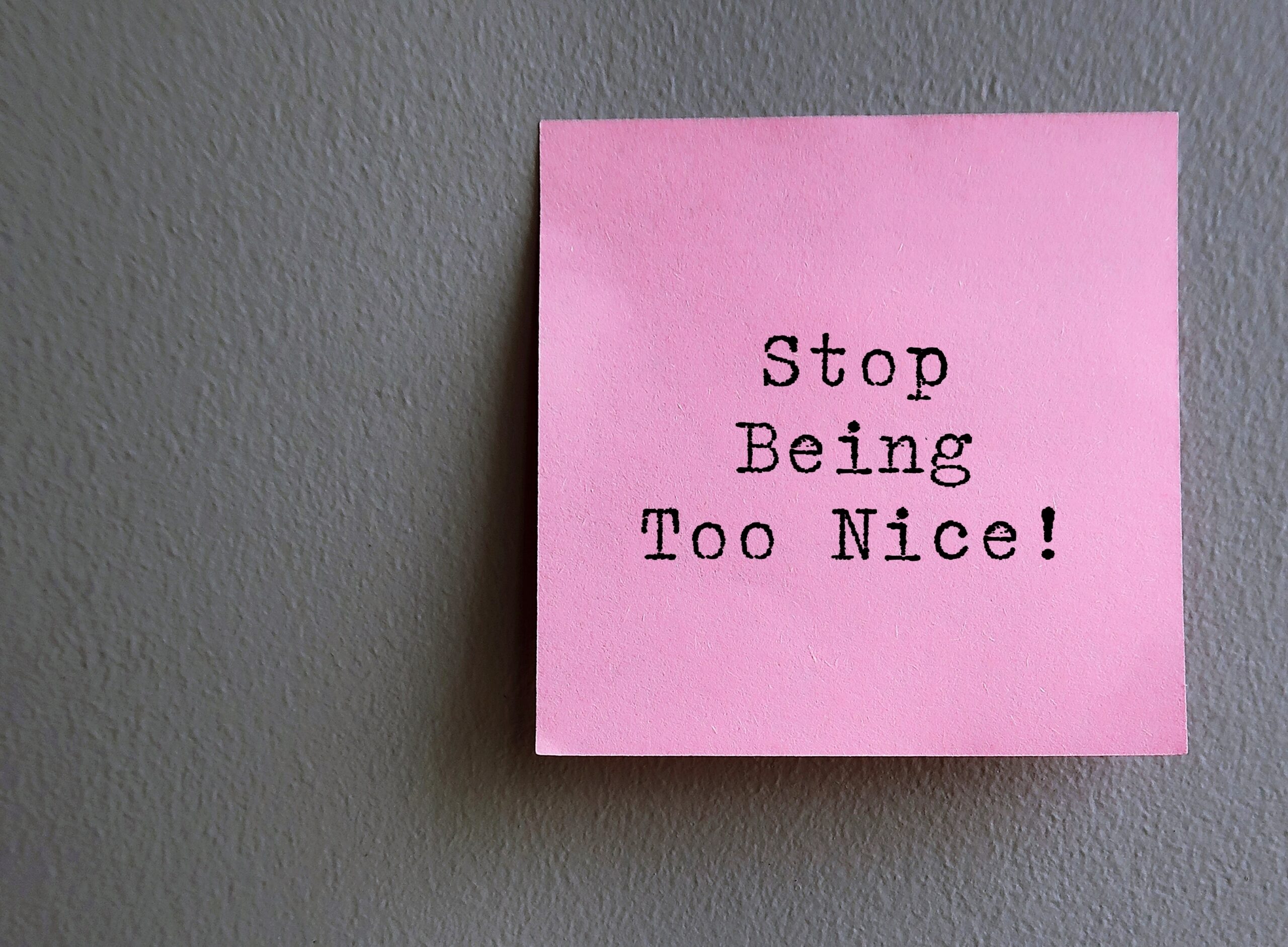When I first started my career, I often heard whispers about being “too nice.” Whether it was framed as a compliment or a gentle critique, it was clear some people thought my leadership style didn’t fit the stereotypical mold. Over time, I even picked up the phrase “too Canadian,” a playful nod to my upbringing and its perceived emphasis on politeness and compromise. For a while, I questioned if they were right. Was I being too soft? Did I need to toughen up to be taken seriously?
Years later, with countless milestones behind me and incredible teams alongside me, I can say with full confidence: being nice is not a weakness. In fact, it’s been one of the most significant strengths of my career. Prioritizing people—truly investing in them, listening to them, and valuing them—has helped me create environments where individuals and brands thrive.
The Myth of the “Nice Leader”
Let’s address the elephant in the room: being nice doesn’t mean being a pushover. There’s a misconception that kindness is synonymous with a lack of boundaries, direction, or ambition. That couldn’t be further from the truth. My leadership philosophy is rooted in kindness, but it’s not about avoiding conflict or always saying yes. It’s about creating trust, empowering teams, and treating people with respect, even in difficult situations.
When you prioritize people, you build relationships that are based on authenticity and mutual respect. This fosters open communication, which means team members feel safe sharing their ideas, concerns, and even failures. And when people feel safe, they’re more likely to take risks, push boundaries, and innovate—all of which are essential for business success.
Empathy as a Superpower
Empathy is the cornerstone of my leadership style. I believe understanding the people you work with is as important as understanding the business you’re leading. When you take the time to know what motivates someone, what challenges they’re facing, and what they’re passionate about, you can unlock their full potential.
This approach has been especially critical during challenging times. Whether navigating corporate restructures, managing team dynamics during acquisitions, or launching ambitious global campaigns, leading with empathy has allowed me to guide teams through uncertainty while keeping morale intact. I’ve found that even when the news isn’t great—perhaps especially then—people appreciate honesty delivered with care.
“Too Nice” Has Real Results
If kindness in leadership didn’t drive results, I wouldn’t be writing this. But time and again, I’ve seen how fostering a people-first culture leads to stronger performance. When your team feels valued, they work harder—not because they have to, but because they want to. They feel a sense of ownership and pride in their work, and they know their contributions matter.
I’ve also seen how this approach creates loyalty. People want to stay in environments where they feel supported. In an era where talent retention is more critical than ever, being a leader who prioritizes people is a competitive advantage. It’s not just about reducing turnover; it’s about building a team of committed, engaged individuals who believe in what you’re trying to achieve.
The Business Case for Being “Nice”
It’s important to remember that kindness and decisiveness are not mutually exclusive. You can set high expectations and hold people accountable while still treating them with respect. In fact, I’ve found that when you’re kind, people are more receptive to feedback because they trust your intentions.
Being people-focused also means you’re more likely to attract diverse perspectives. When team members know they’re entering an environment where their voices will be heard and valued, they’re more willing to share ideas that might otherwise go unspoken. This diversity of thought leads to better decisions and more innovative solutions.
Moreover, prioritizing people often results in stronger relationships with external stakeholders—whether it’s clients, partners, or customers. The same principles of respect, empathy, and communication apply. When people know they’re more than just a transaction to you, they’re more likely to want to collaborate and invest in your success.
Nice Is Not Weak
I’ve faced moments in my career when my people-first philosophy was challenged. There were times when others thought I should push harder, compromise less, or be more aggressive. But I’ve always believed there’s strength in staying true to your values.
For me, that’s meant proving that kindness is not a lack of ambition or authority. It’s a choice—a conscious decision to lead in a way that uplifts others rather than undermining them. It’s about understanding that you can be firm without being unkind and that compassion and strategy are not at odds.
Staying Invested
As I reflect on my career, one of the things I’m most proud of is the relationships I’ve built along the way. Some of the people I’ve mentored or collaborated with early on are now leaders in their own right. Watching their journeys has been incredibly rewarding, and it reaffirms my belief that investing in people is always worth it.
Leadership isn’t about being perfect; it’s about being present. It’s about showing up for your team, even when things are hard, and letting them know you’re in it together.
Moving Forward
I still hear the occasional comment about being “too nice.” But these days, I smile when I hear it. To me, it’s a reminder that I’ve chosen a leadership style that aligns with my values, and it’s working.
As I continue to grow and take on new challenges, I hope to inspire others to embrace people-first leadership. It’s not always the easiest path, but it’s the one that’s made all the difference—for me, for my teams, and for the businesses we’ve built together.
So, to anyone who’s ever wondered if being kind makes you weak, let me say this: kindness is strength. It’s strategy. And most importantly, it’s good business.
